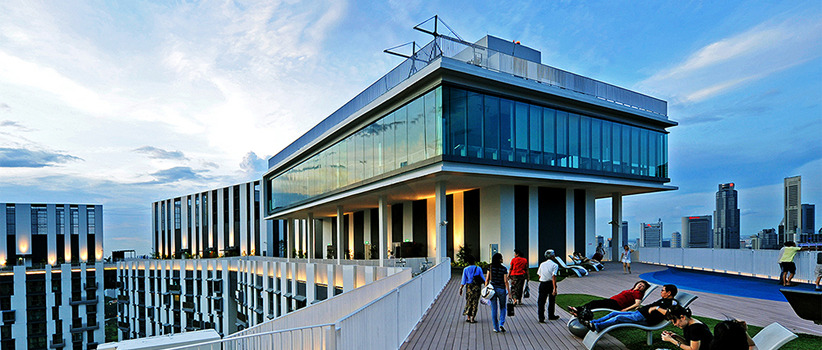Is The Straits Times Controlled By The Government?
The government's involvement in media in Singapore has come under scrutiny after The Singapore latest news was accused of bias and censorship. The newspaper has been called the Government's mouthpiece. The editorial board and editors at The Straits Times are heavily influenced by the government, and their editorials are subject to government guidelines. Most of the Singapore Press Holdings executives and chairpersons are former members of the People's Action Party.
The newspaper was first published in 1845. Its founders were ethnic Armenians living in Singapore. Martyrose Apcar, an ethnic Armenian, wanted to create a local newspaper. However, he was not able to raise the funds needed to finance the publication. Moses took the reins and the paper was launched on 15 July 1845 as an eight-page weekly. Subscriptions at the time cost Sp.$1.75 a month. The newspaper was sold to Robert Carr Woods in September 1846.
In a letter published in the Jakarta New Paper, Lynn Lee, the Singapore Straits Times Indonesia bureau chief, revealed an internal debate over how to cover opposition figures in Singapore. The newspaper's editors agreed with reporters' demands for extensive coverage of the late J.B. Jeyaretnam's funeral, but rejected their suggestions to limit the coverage of the eulogies of Singapore leaders, which took up the majority of the newspaper's space. The editors had resorted to self-censorship, and were unwilling to publish the opposition's views in the news, which caused the paper's eulogy to occupy most of the paper's space.
Although the Singapore government has expressed concern about the PAP's threat, the Singapore Straits Times' website is still operational. The government's financing model with Mediacorp has been working out well, and the newspaper's daily circulation reached 458,200 in august 2017. Further, the newspaper's management have acknowledged that the government has no control over the newspaper. This means that The StraitsTime's editorial board is not a representative of the government and its editors have to act independently.
The Singapore government does not own the newspaper. In fact, the media in Singapore are owned by the government, and the government does not want its editors to publish information about government activities. Its editors are under pressure to publish controversial news stories. They are often reluctant to report sensitive issues. But they cannot help but report on the latest events in their own countries. That's why they seek overseas postings to continue their careers.
The government has censored the Straits Times. It has also censored the news. As a result, the newspaper's journalists are not allowed to report on controversial topics. They are prohibited from writing about sensitive topics. They can't afford to cover the government's public relations activities. This is a problem, but it is still an important one. The newspaper is not free from government interference. Its independence is the key to the country's democracy.



